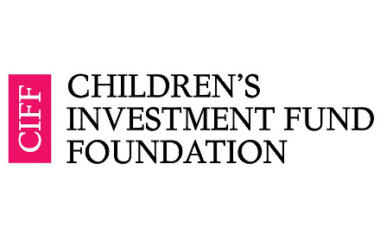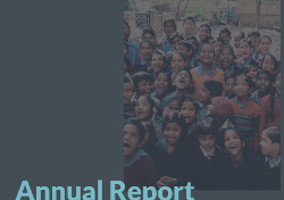The Court of Appeal has overturned a ruling forcing a trustee of the Children's Investment Fund Foundation to authorise a £280m payment to another charity.
In June 2017, the High Court ruled that CIFF, which was jointly founded by Sir Christopher Hohn and his then wife Jamie Cooper, must give another charity £280m following a high-profile divorce settlement between the two founders.
Hohn and Cooper were both trustees of the charity, creating conflicts in its administration. A settlement agreed as part of the divorce said that Cooper would resign from the charity, and that CIFF must give £280m to charity Big Win Philanthropy, which is run by Cooper.
CIFF had agreed to make the grant to BWP provided that approval was obtained from either the Charity Commission or the courts. The Commission recommended that the decision should be made by the courts.
The members consist of Hohn, Cooper, and a third party - another of the charity's trustees - Dr Marko Lehtimaki. As a result of being the only party with no conflict of interest, Lehtimaki became part of the court proceedings and the only voting member of CIFF.
A judgment made on 6 June allowed the grant to go ahead, and ordered Lehtimaki should approve the grant, however he brought the case to the Court of Appeal, and last week’s decision could stop this grant from being made.
The Court of Appeal judgment was won by Lehtimaki, with the court allowing the appeal. They have struck down the order that Lehtimaki must approve the payment, with it now up to Lehtimaki to decide whether to do so.
The Court of Appeal judgment could be appealed again, up to the Supreme Court.
Implications on charities with members
Chris Willis Pickup, a partner at Taylor Vinters, said that the decision could have implications on charity law, and on how charities with members operate.
He said that the key legal issue is whether members of charitable companies owe fiduciaries duties, and therefore must act in the best interest for the charities. Trustees and members of CIOs do, but this case raises a question of whether members of charitable companies do. Willis Pickup said that the High Court judgment said they did, and the Court of Appeal has agreed with that.
But the ruling said that it “does not necessarily follow that members of charities such as the National Trust also have fiduciary obligations”.
'Charity lawyers need to update textbooks'
Willis Pickup said: “This is an important judgment for charity law, and to an extent for charities too. Although the Court of Appeal has allowed the appeal, it agreed with the High Court that this charitable company’s members have duties to act in the best interests of their charity.
“This is a major step for charity law, and matches the law for members of Charitable Incorporated Organisations. Although charity lawyers will need to update their textbooks, the judgment isn’t as dramatic for charities as some feared.
“The Court of Appeal sidestepped the question of whether this would apply to large membership charities such as the National Trust. Many charities already have codes of conduct for members that ask for good behaviour, but this judgment could give charities an extra lever for difficult discussions with charities. We’ll wait to see if there’s a further appeal to the Supreme Court.”
A spokeswoman for CIFF said that the charity had no comment at this time, and would await the eventual judgment.
Related articles












